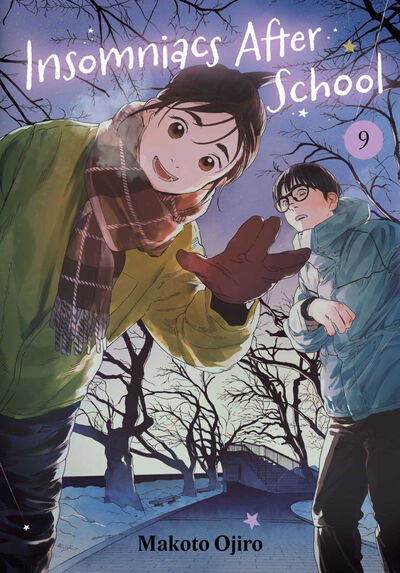The City in Glass is I think my favorite of Nghi Vo's full-length novels so far, for the reason that it seems to feel the least need to actually force itself to take the shape of a novel. The description calls it "a brilliantly constructed history and an epic love story;" I don't quite think it's either of those things, though the first more than the second.
In the first chapter of
The City in Glass, the seaside city of Azril, which the demon Vitrine loves, is destroyed, very thoroughly, by angels. Why? That's not what Vitrine cares to talk about or to remember. What she wants to remember is the city in its heyday, the place and the people, and that's what she spends the first half of the book doing: wandering through the ruins, accumulating bits and pieces of memory, grieving and gradually building a determination to see the city become itself again, somehow.
One of the angels is stuck there too, because she cursed him. She is not happy to see him and does not want him there. Though she
is glad that this means that he's suffering horribly! Fringe benefit! Nonetheless. This of course is the dynamic that the description calls "an epic love story" which I think does not really accurately convey ... the vibe .......... the thing that is going on here certainly does contain elements of both 'enemies' and 'lovers' but is definitely messier than I think the standard image that this phrase conjures.
Anyway. In the second half of the book, people do come back to Azril, and it becomes a city again. Vitrine, frankly, has mixed feelings about this: no city can ever be the same city twice, and she's still yearning for Azril-as-it-was, which is neither possible to have nor reasonable to want. Nonetheless. The new city of Azril is shaped by both Vitrine and the angel, and reshapes them in turn, as they reshape each other, in various painful ways. And, in the end, Vitrine finds something to love forever!
Weird book. Vivid, evocative, odd. Not really shaped like a novel, and, I think, better for it. I read it in a single night, and had some feelings about the various shapes of its grief.






